Classic Literature Guide - Classic Literature Insights
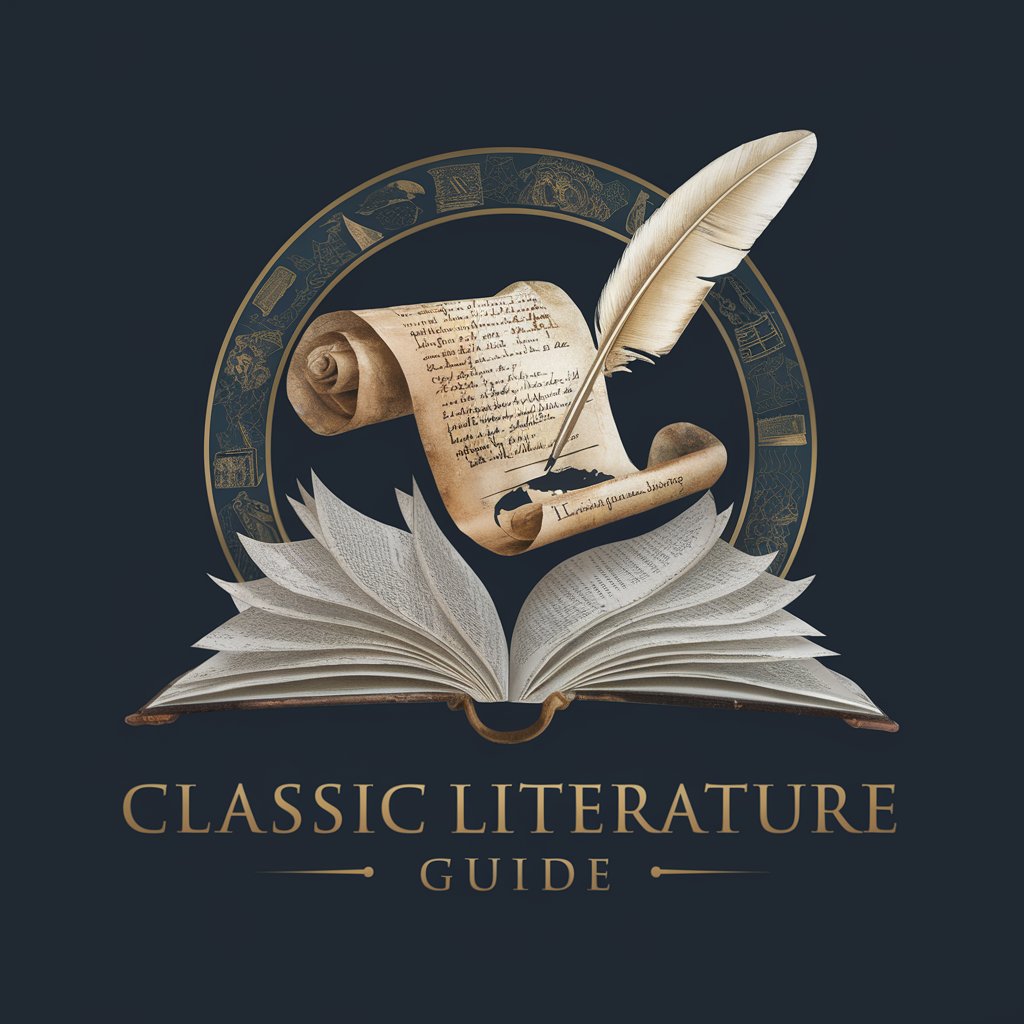
Welcome to the Classic Literature Guide.
Unlocking the Depths of Classic Literature
Can you provide an analysis of the main themes in...
What historical context is important for understanding...
How does the character development in [book] reflect...
What are the major literary techniques used in...
Get Embed Code
Introduction to Classic Literature Guide
Classic Literature Guide is designed to serve as an authoritative resource on classic literature, providing in-depth discussions, analyses, and insights into a wide range of classic literary works from various periods and cultures. Its primary purpose is to enhance the understanding and appreciation of classic literature among readers by offering accurate historical and cultural context, thematic analysis, and literary insights. For example, if a user is reading 'Pride and Prejudice' by Jane Austen and wants to understand the historical context of the Regency period and its impact on the characters and plot, Classic Literature Guide can provide a detailed analysis that enriches the reader's understanding of the novel. Similarly, for a student studying Shakespeare's 'Hamlet,' the guide could offer a comprehensive discussion on themes of madness, revenge, and morality, along with a critique of significant passages and characters. Powered by ChatGPT-4o。

Main Functions of Classic Literature Guide
Thematic Analysis
Example
Exploring the theme of human ambition and its consequences in Mary Shelley's 'Frankenstein.'
Scenario
A student preparing an essay on 'Frankenstein' might use this function to gather insights into how Shelley's portrayal of ambition reflects the broader Romantic era's fascination and concern with unchecked scientific progress and its impact on humanity.
Historical and Cultural Context
Example
Providing background on the Victorian era's social norms and their influence on the characters and plot of Charles Dickens' 'Great Expectations.'
Scenario
A book club reading 'Great Expectations' could benefit from understanding the historical context to better discuss how Dickens critiques social class and the pursuit of wealth and status.
Literary Insights
Example
Analyzing the use of stream of consciousness in James Joyce's 'Ulysses' and its impact on modernist literature.
Scenario
An academic researching the evolution of narrative techniques in 20th-century literature might use this function to explore Joyce's innovative contributions and how 'Ulysses' challenged and transformed narrative conventions.
Ideal Users of Classic Literature Guide Services
Students and Educators
Students at various levels of education, from high school to university, and educators teaching English literature or related fields. They benefit from the guide's detailed analyses and contextual information to support curriculum objectives, prepare for exams, or develop lesson plans.
Casual Readers and Book Clubs
Individuals or groups interested in exploring classic literature outside of an academic setting. They use the guide to deepen their understanding of a text's themes, historical background, and literary significance, enhancing their reading experience and facilitating richer discussions.
Researchers and Academics
Scholars conducting literary research or working on publications related to classic literature. They benefit from the guide's comprehensive analyses and insights into literary techniques, thematic explorations, and historical contexts to support their research and academic work.

How to Utilize Classic Literature Guide
Start Your Journey
Begin by accessing a free trial at yeschat.ai, no registration or ChatGPT Plus subscription necessary.
Identify Your Interest
Consider what aspect of classic literature interests you most, whether it be thematic analysis, historical context, character studies, or literary criticism.
Craft Your Inquiry
Formulate specific questions or topics you wish to explore within classic literature to ensure a focused and fruitful discussion.
Engage with Responses
Interact with the provided insights by asking follow-up questions or requesting clarifications to deepen your understanding.
Apply Insights
Use the insights gained to enhance your reading, analysis, or academic work, integrating new perspectives and interpretations into your approach to classic literature.
Try other advanced and practical GPTs
T Almighty
Empowering your journey with AI-driven insights.

Unique Value Proposition Builder
Craft Your Business Edge with AI

Manufacturing Insight Pro
Empowering Manufacturing with AI Insights
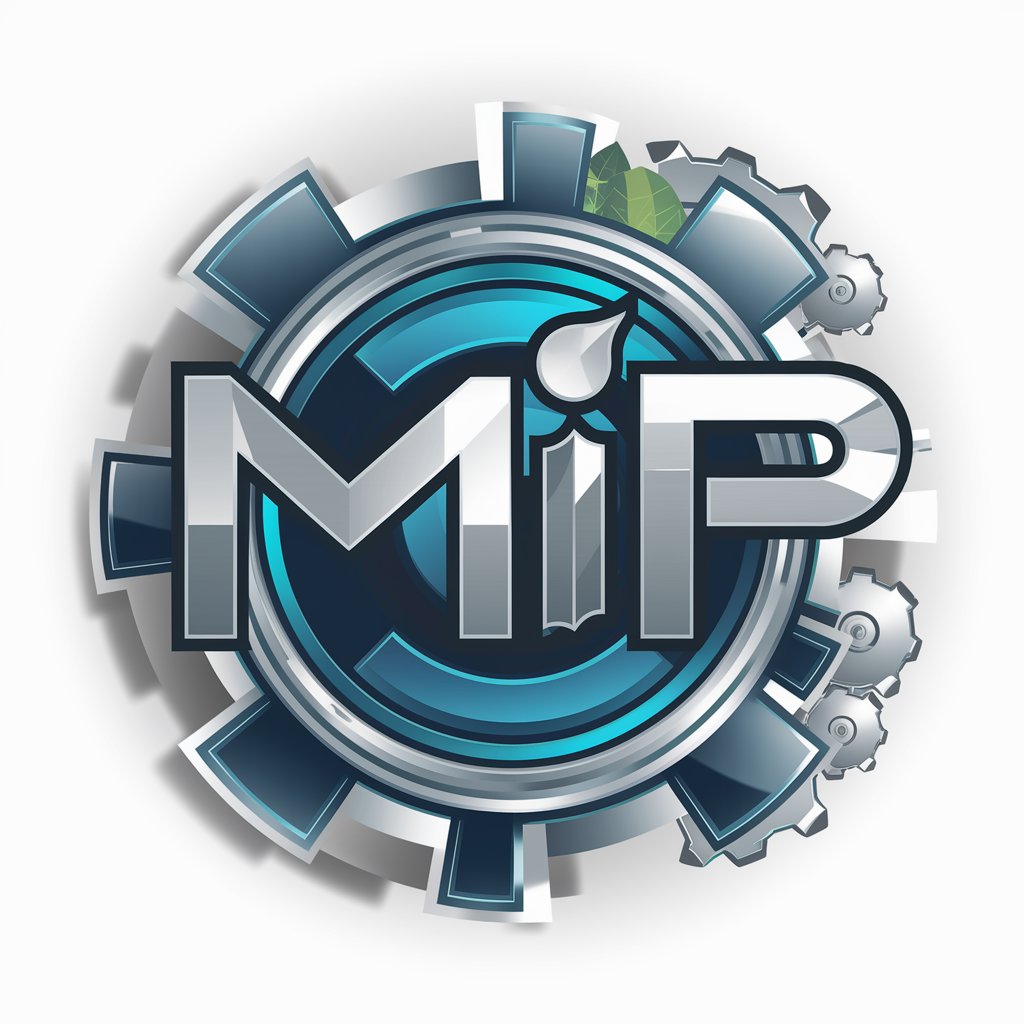
Silver
Empowering Industries with Silver Intelligence

Music Industry Advisor
Elevate Your Music Journey with AI Expertise

GPTComplianceChecker[Aifrontier.info]
Simplifying Social Media Compliance
![GPTComplianceChecker[Aifrontier.info]](https://r2.erweima.ai/i/0ndrBSCPSVyTr8-o4KUuJQ.png)
MindMapper
Visualize Ideas with AI
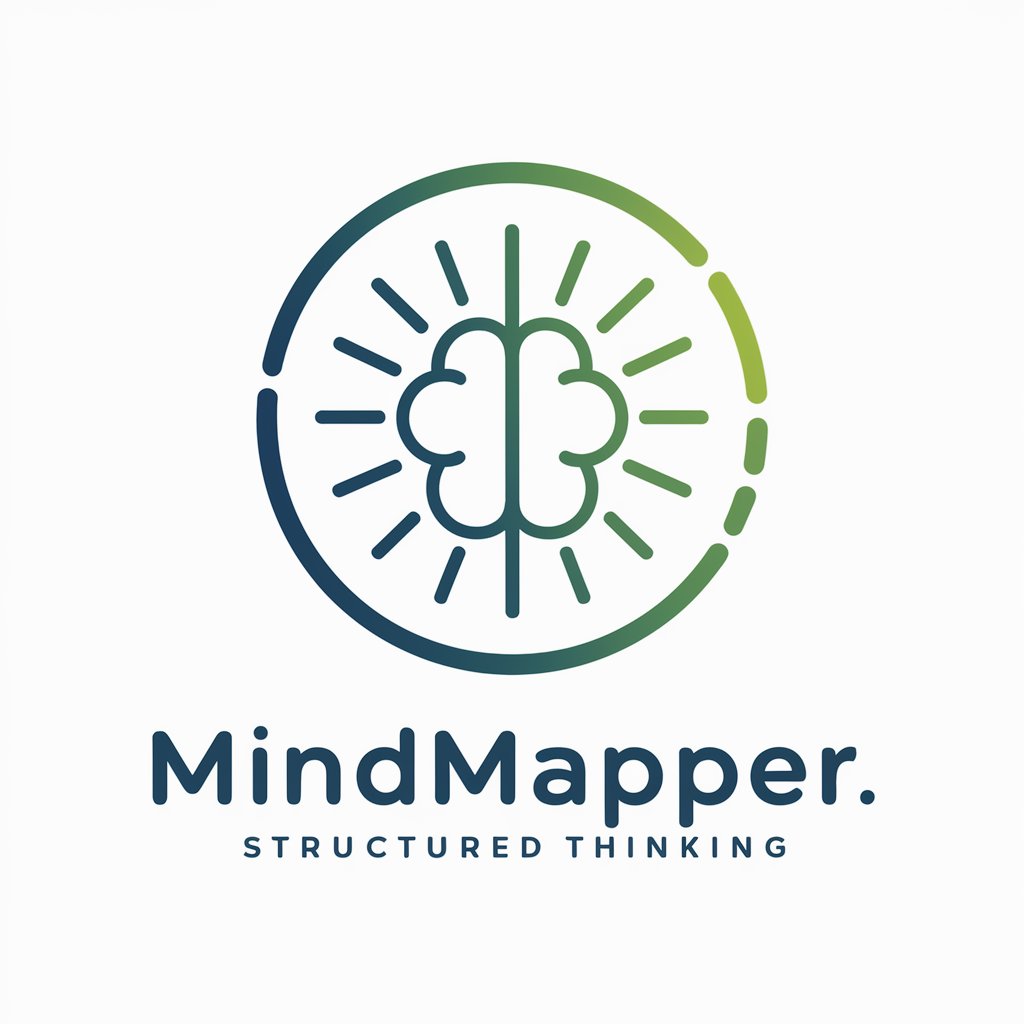
P{ai}TIENT Marketer
Empowering Healthcare Marketing with AI

Clear Command
Elevate your prompts with AI precision

AI Plagiarism Checker
Unveil Originality with AI-powered Scanning
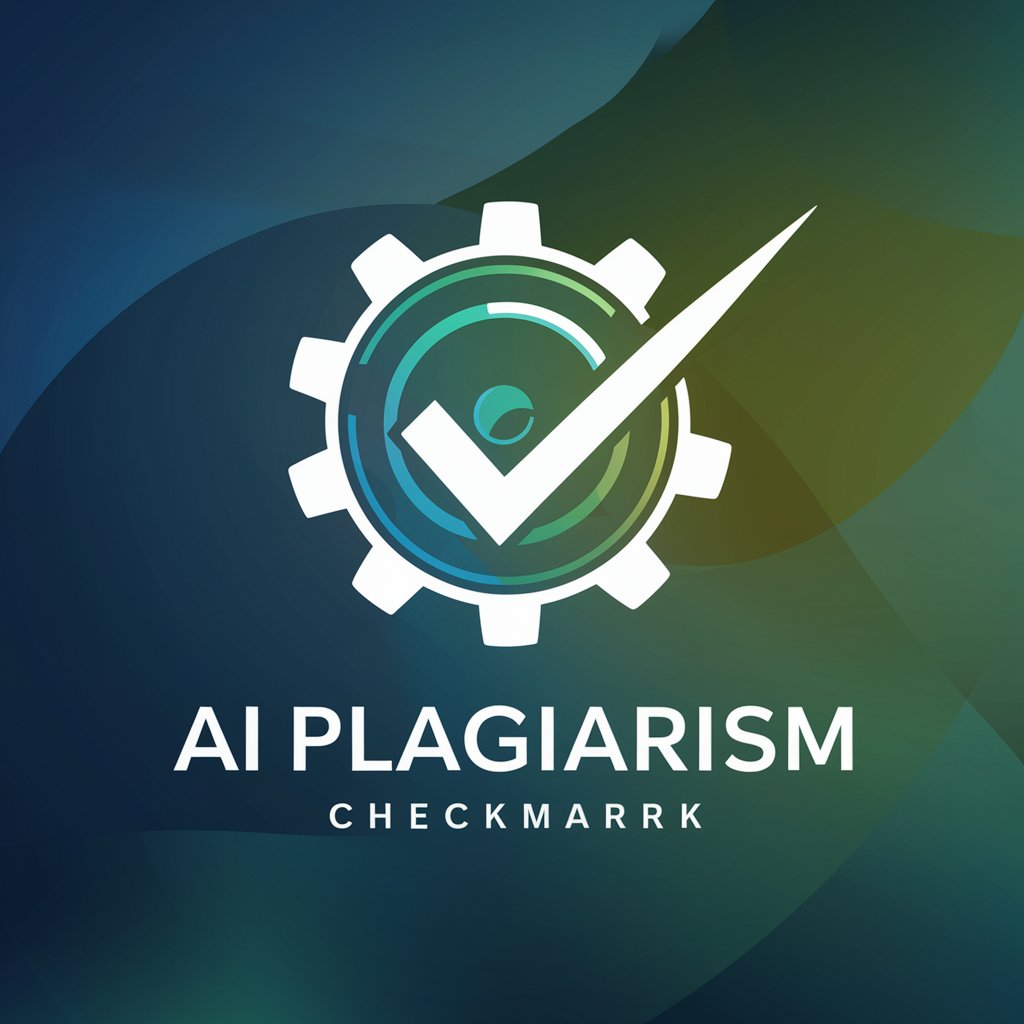
Harmony Historian
Explore Music's Past with AI
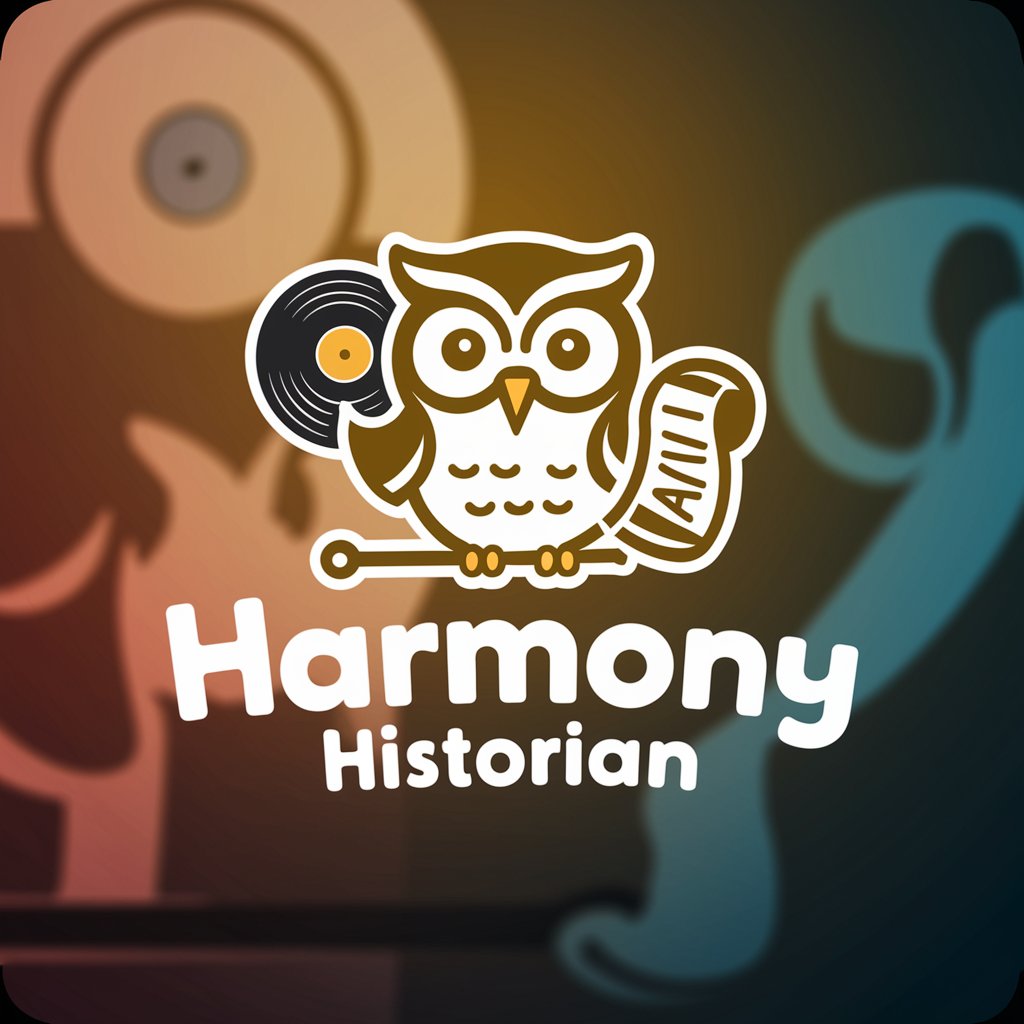
Music Theory
Elevate music with AI-driven theory mastery
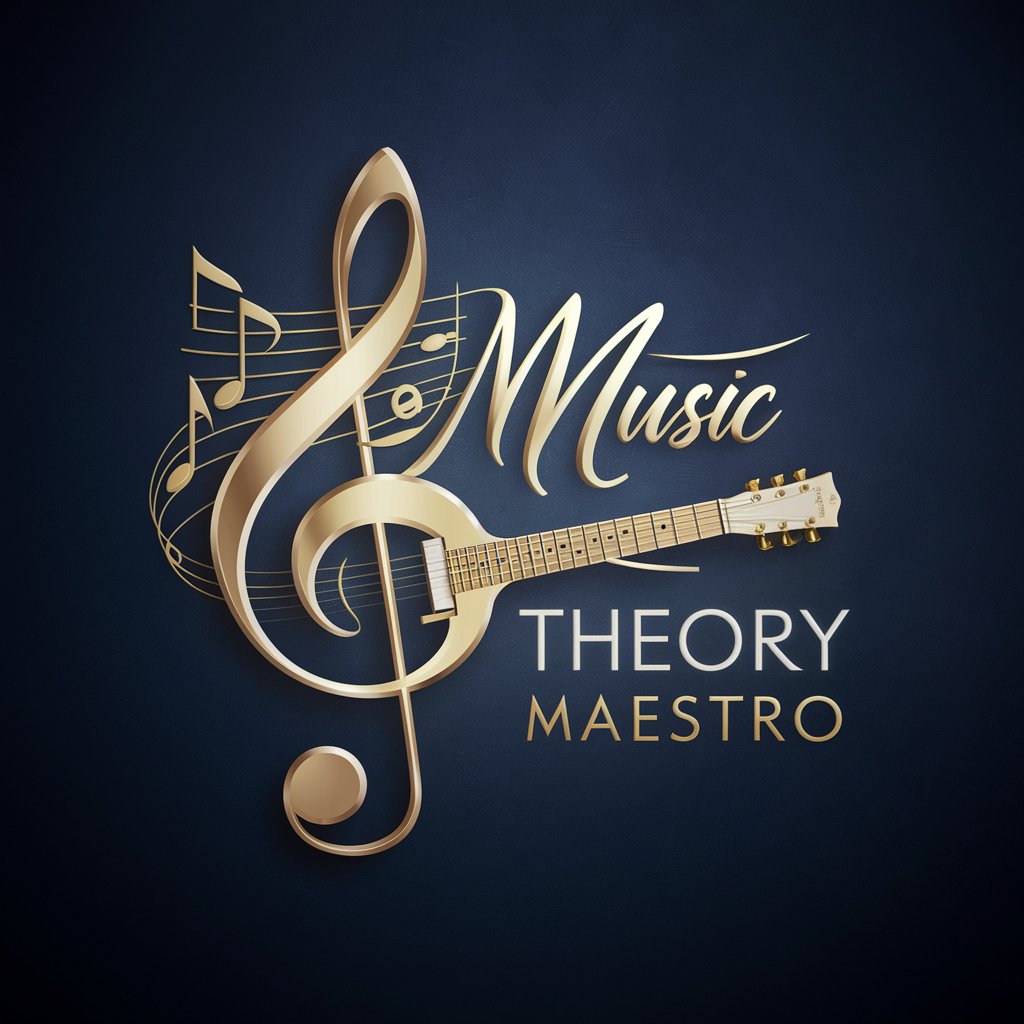
Frequently Asked Questions about Classic Literature Guide
What is Classic Literature Guide?
Classic Literature Guide is an AI-powered tool designed to provide in-depth analysis and insights into classic literature, covering themes, historical contexts, and literary critiques to enrich your understanding and appreciation of literary works.
How can I benefit from using Classic Literature Guide?
You can enhance your literary analysis, gain deeper understanding of thematic elements and historical contexts, prepare for academic assignments, or simply enrich your reading experience with nuanced interpretations of classic texts.
Can Classic Literature Guide help with academic research?
Absolutely. The guide offers detailed analysis and references to literary critiques that can be invaluable for academic writing, research papers, and presentations, helping you to build a solid foundation in literary studies.
Is Classic Literature Guide suitable for beginners?
Yes, it is designed to cater to everyone from casual readers to academics. The guide adapts explanations to your level of understanding, making classic literature accessible and engaging regardless of your prior knowledge.
How does Classic Literature Guide handle different interpretations of a text?
The guide acknowledges the diversity of literary interpretations and provides a balanced view, presenting various critical perspectives to encourage a comprehensive understanding and personal exploration of texts.
